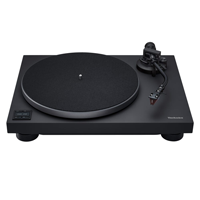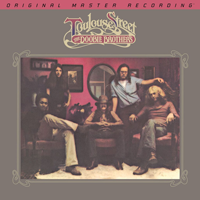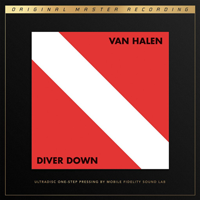Judas Priest Killing Machine (180g Vinyl LP)
Full Details
Released the same year as the equally pivotal Stained Class, Killing Machine cemented Judas Priest's standing and reputation as the world's foremost metal band of the late 1970s. Further diversifying its music and sporting increased confidence, boldness, and full-bodied songwriting, the album managed a then-unprecedented task of appealing to mainstream tastes via its impeccably solid production, creative prowess, and staggering melodies. Known in the U.S. as Hell Bent for Leather, Killing Machine remains a titanic release no matter the name.
Recognizing the era's potential and pushing to expand metal's horizons, Priest created music that at the time hadn't any peer. With proto-metal luminaries Black Sabbath, Deep Purple, and Led Zeppelin experiencing career low points, and campy hard rockers following a softer path, the English quintet married street-bruising intensity to commercial accessibility without compromising any aggression, volatility, rawness, or ruggedness. Part of the success owes to producer James Guthrie's expert hand. A majority, however, lies with the group's unrelenting ambition and variety – not to mention masterful performances.
Exemplified in the breakthrough "Hell Bent for Leather," as tough-as-nails resilient as any metal song and delivered by vocalist Rob Halford with a pronounced ruffian attitude as guitars blaze behind him, Killing Machine sparks with high-powered muscle and concise, exact rhythmic structures. Halford comes into his own throughout, sending his falsetto into another universe on the wide-open highway-driving anthem "Evening Star," evoking deep loss on the ballad "Before the Dawn," and attacking "Delivering the Goods" as if he's a mercenary. There's not a wasted note or moment of doubt on the album.
Track Listing
- Delivering the Goods
- Rock Forever
- Evening Star
- Hell Bent for Leather
- Take on the World
- Burnin' Up
- The Green Manalishi (With the Two-Pronged Crown)
- Killing Machine
- Running Wild
- Before the Dawn
- Evil Fantasies





































